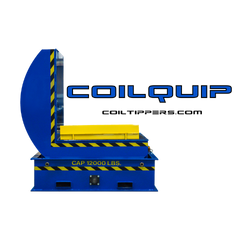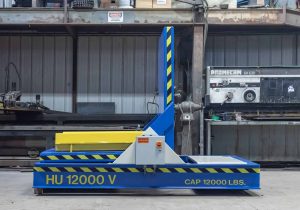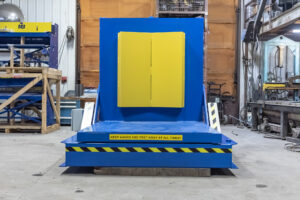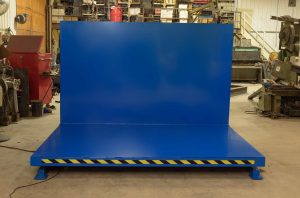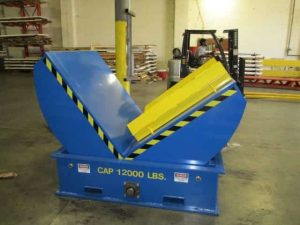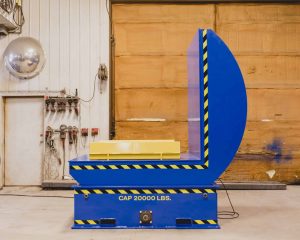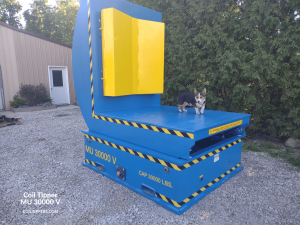Sustainability is key

They should be more sustainable and energy-efficient. To achieve this, they must be able to process more films made from recyclates – the demands placed on packaging equipment by operators are constantly increasing. What are the operators’ main concerns, and how does the BEUMER Group meet the requirements of its customers? Jörg Spiekermann knows the answers.
“Energy efficiency is foremost on everyone’s mind these days,” says Jörg Spiekermann, Head of Sales for Palletizing and Packaging Systems Consumer Goods at the BEUMER Group. “On the one hand, rising energy costs mean we must manufacture our systems and machines energy-efficiently. To achieve this, we rely on sustainable production at our sites in Germany.” For example, a photovoltaic system on the roof of BEUMER’s company headquarters produces enough green electricity to cover around 20 percent of the total energy requirements in Beckum. On the other hand, customers demand that BEUMER solutions enable them to work energy-efficiently. Spiekermann says, “These customer demands are aimed at our packaging systems and other products – a strategic factor for remaining competitive.”
The BEUMER Group offers complete final packaging lines that match customer specifications. One component of these lines is the new, modularized BEUMER stretch hood A. It’s a high-performance packaging system, which the Group presented at the Duesseldorf interpack trade fair.
Energy efficient operation
BEUMER has also redesigned its high-performance stretch hood A, focusing on energy-efficient electric operation. And there’s more: To further reduce energy requirements, expensive blowing air for cooling the film weld seam and the hydraulics are no longer required. “Our compact, high-performance packaging system requires only 0.03 kilowatts per hour per pallet,” explains the BEUMER expert. The reduced consumption of compressed air saves costs. There is also no chance of leakage at any point since hydraulics are no longer being used. This also saves more than costs, because in the case of hydraulics in particular, leaking oil can pollute the environment and soil the packaged goods. So the stretch hood A is ideal for the food industry.
Spiekermann: “Our customers come from different sectors, including the building materials, chemicals, cement and consumer goods industries. For example, they pack peat, humus and alternative planting substrates, tiles and glassware, detergent cartons, paint buckets or various packages chaotically stacked on one another.” The system covers the palletized load units with a highly elastic stretch hood. The stretch film adapts perfectly to each stack. As in the stretch wrapping process, the film is highly elastic and fixes the material on the pallet through horizontal and vertical contracting forces. This process thus offers significantly higher load stability. “The goods are packed from 5 sides and are safely protected against environmental influences such as sun, dirt and moisture, both during handling and external storage.” Operators can transport products to customers in perfect condition. The smooth and perforation-free surface of the film enables a clear view of the packaged goods in the customer’s sales areas. The barcodes on the goods can also be easily identified.
The packaged product is not only protected from environmental influences. The packaging also provides increased theft protection: For example, goods at the customers may repeatedly disappear en route from picking to the warehouse and arrival at the buyers – and their loss is usually not noticed. With the conventional stretch-wrap method, anyone can easily reach into the packaging opening from above and remove an item without destroying the film. The stretch hood process prevents these thefts: Any attempt to remove an item from the packaging will destroy the film.
As much packaging as necessary – but as little packaging as possible
“To conserve resources, more and more customers are coming to us demanding stretch hood film with the highest possible recyclate content of up to 30 percent”, reports Spiekermann. The new Packaging Act, which has been in force since the beginning of 2019, supports this approach. The goal of the Act is to prevent waste and strengthen recycling. Many films thus contain more recyclate. Recyclate can significantly change the film’s properties and, consequently, its handling. Recycling their production waste is an economical solution for the film manufacturers who supply the BEUMER Group, because the scrap material can be processed into regranulate and returned to the production cycle. Using its own regranulates, the manufacturer can conserve resources, reduce emissions, minimize waste through reuse and avoid adverse environmental impacts. However, the recycled content can also significantly change the properties of the films. They do become tougher – but our machine can still process them safely and reliably.
The thinner and more efficient the film, the more meters a roll will have, and the longer the machine running times will be. This is another plus for the operator, since it ensures higher production throughput and reduced film roll changes on the machine – and consequently less downtime, because changing a roll of film during a shift costs time. This means that operators can also stock fewer rolls. The stretch films are thinner yet more efficient than conventional films. As a result, the packaged products are optimally secured, and less material is consumed. “We tested films with thicknesses of 20 to 25 micrometers extensively, using our BEUMER stretch hood A packaging line,” explains Spiekermann.
“To ensure optimal film consumption, we can accurately calculate film consumption with the BEUMER stretch hood A, which is not possible with conventional stretch wrapping machines. This also enables us to calculate how much film material our customer can save with the stretch hood process,” explains the BEUMER expert. The precise determination of the stack contour also enables us to accurately calculate the section length, and this also reduces film consumption. “By the way, one BEUMER stretch hood A can replace several stretch wrappers because it works much faster. The operator doesn’t have to attach the film to the pallet or separate it,” says Spiekermann. There is also a defined and guided film delivery at the product stack.
Modular for more flexibility
The BEUMER stretch hood A requires a small footprint of only 13.7 square meters. Yet another new feature is the modular design. It enables the same or similar components and modules to be installed in all plants – and BEUMER has implemented as identical a design as possible wherever feasible. There are also fewer components, which reduces the number of spare parts and speeds up their delivery times. The modules are individually assembled for each customer, internally tested and installed on the customer’s site. Employees can operate the stretch hood A easily and intuitively via an ergonomic human-machine interface (HMI). All tasks can also be carried out from the ground – including maintenance and quick and safe tool changes. Spiekermann: “We can instal the machine quickly and also equip it with standard interfaces to the customer’s ERP and MES systems.”
Another essential aspect is comprehensive customer support. It ensures the constant availability of the systems. Our support includes a 24×7 support line, fast spare parts supply, and global offices to rapidly assist customers worldwide. The BEUMER Group has also developed a futuristic product – the BEUMER Smart Glasses: BEUMER customer support technicians can look over the shoulder of the customer’s service technician and solve the problem with him. This digital solution reduces time-consuming journeys and high additional costs.
